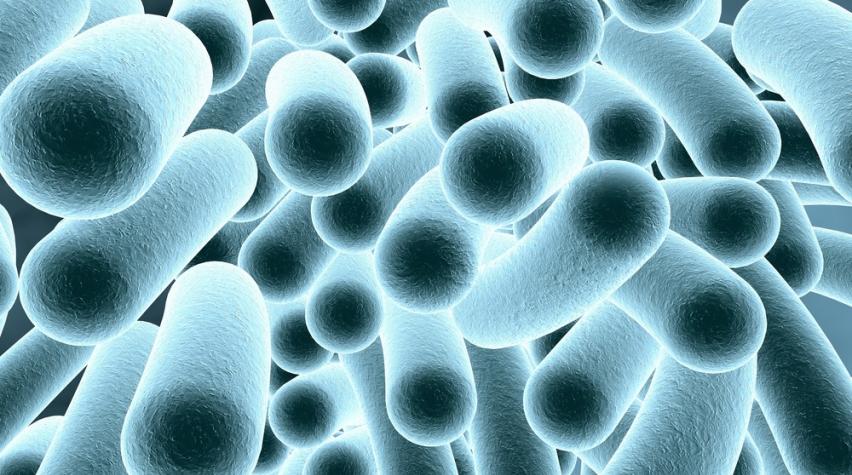
The past few years have been full of stories about how a number of serious conditions could be treated or cured by introducing certain bacteria to the digestive system. Now, a number of pharmaceutical companies are attempting to create drugs to do exactly that.
Same territory, two approaches
Technology Review recently picked up on the trend and profiled a number of companies looking for these new treatments. Among them was Seres Therapeutics, which currently has two drugs in clinical trials in the U.S. One seeks to treat Clostridium difficile infections in the large intestine.
Another firm, Synlogic, is taking a different approach, by developing genetically engineered bacteria. While bacteria are initially taken from the human gut, genetic alterations allowed them to be reintroduced to remove unwanted substances. The company is currently targeting trials for two rare genetic metabolic disorders. According to Technology Review, both disorders cause a deficiency of important enzymes in the liver, which leaders certain metabolites to build up in the blood. It is hoped that the new drugs will compensate by removing the excess metabolites from the gut, where they accumulate.
More on the horizon
It seems clear that the human gut and its highly complex world will continue to provide new therapies and unlock a number of mysteries about human health. While the two types of techniques above may both prove very useful, there are even more sophisticated approaches to be developed. For example, according to Technology Review, MIT’s own James Collins, a professor of biological engineering, hopes to find a third path: using synthetic biology to make organisms that can sense and make specific changes to the environment in the gut. The future of research into the human gut should prove very interesting.


